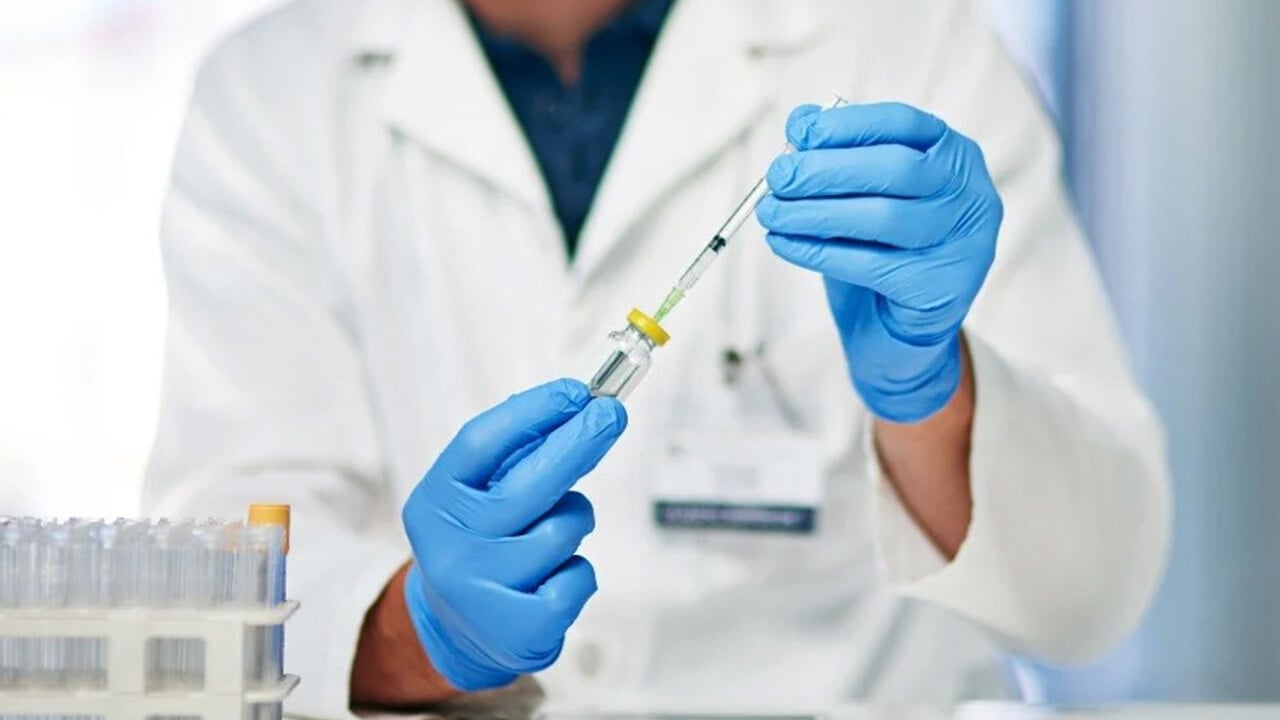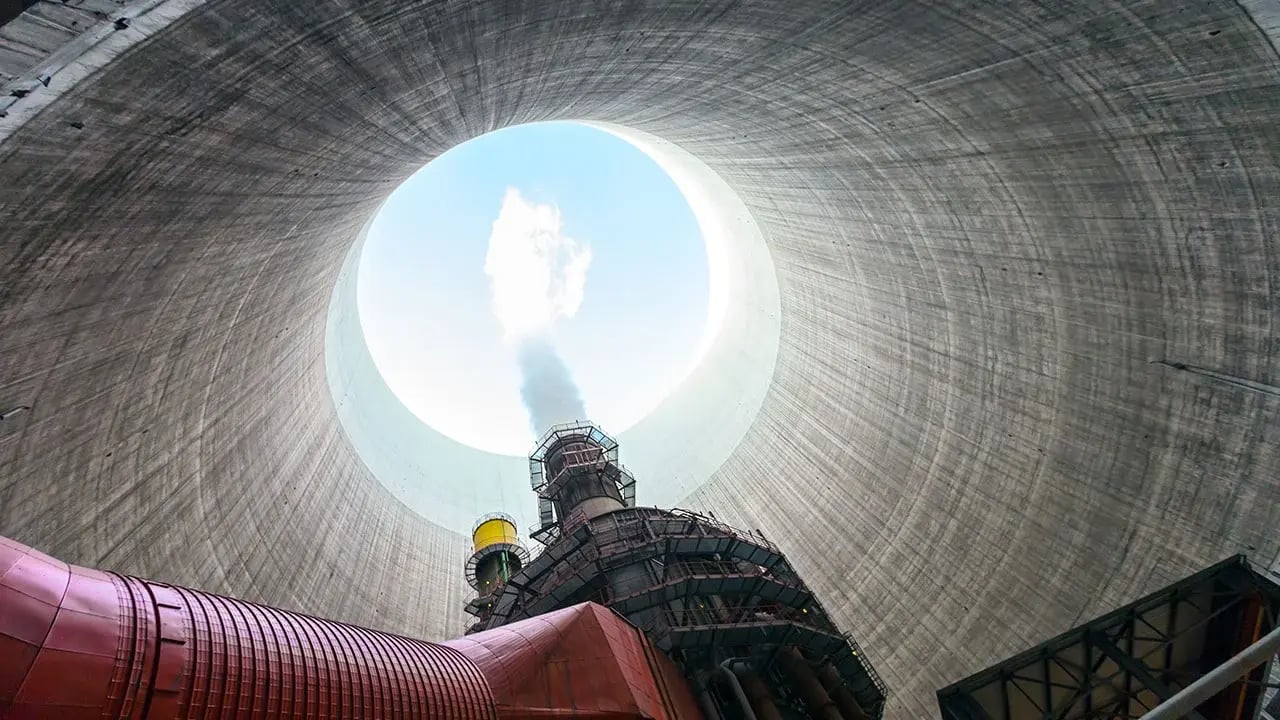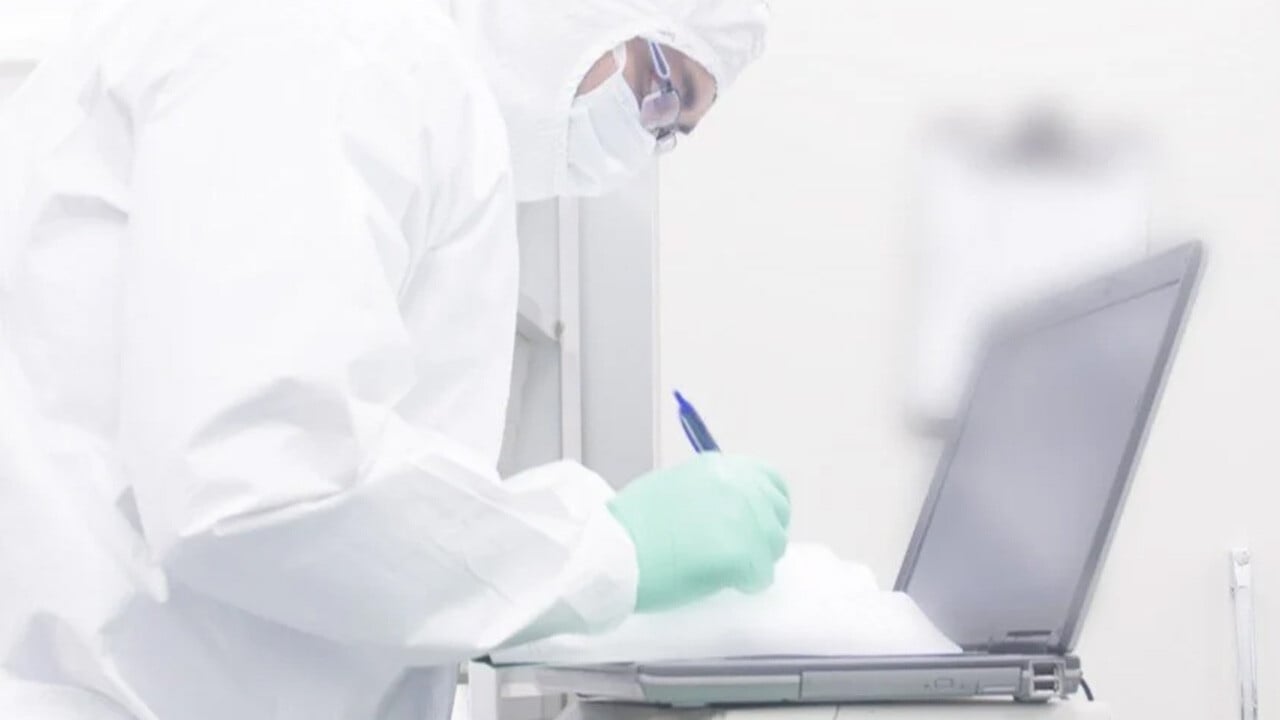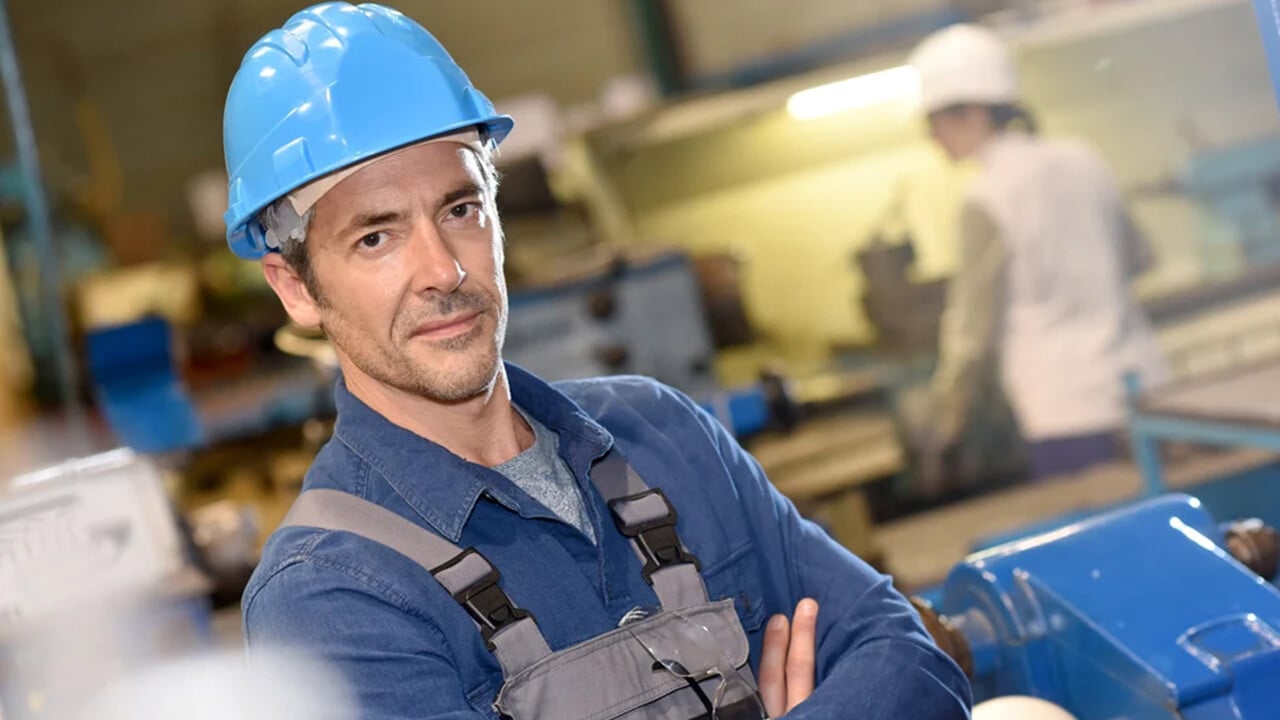Fauske & Associates provides safety testing and consulting services to all kinds of process industries.

Chemical
This is of course a very broad category and includes bulk chemicals, fine chemicals, and petrochemicals in various forms. Hazards may arise in processing liquids, solids, or gases, and can be associated with reactive chemicals, combustible dust, or flammable vapors. For example, a monomer mix might be triggered into an unwanted or uncontrolled polymerization, a scenario which is readily simulated in the VSP2 adiabatic calorimeter which provides reaction rates and vapor pressure data which are directly applicable to relief system design.

Energy
This is another broad category and includes power generation, energy storage, hydrogen fuel, and long-term storage or recycling of spent nuclear fuel. Each of these topics has unique and interesting safety aspects, be it explosibility of coal dust, hydraulic transients or vibrations in nuclear plant piping, lithium chemical reactivity, or hydrogen leaks and unwanted accumulation. Our diverse laboratory capabilities support everything from water hammer to battery explosions to equipment qualification to safe storage of high-level nuclear waste.

Food and Agriculture
At first glance these industries might appear to be relatively risk free. Unfortunately, there have been many serious industrial accidents due to dust explosions from flour, sugar, and grain handling, as well as fertilizer explosions where thermal instability led to very energetic runaway chemical reactions. Also, agricultural chemicals such as herbicides and pesticides can have active ingredients which could decomposed energetically, for example if exposed to a fire. Our hazards laboratory is always busy with dust testing on food products (which often smell pretty good).

Pharmaceuticals
This category of chemicals can require special attention, in part because many active pharmaceutical ingredients are potentially energetic and toxic (like some agricultural chemicals) but also because the quantities available for testing can be restricted by availability and cost. Thermal hazards testing, for stability or chemical runaway, is therefore often done using the ARSST adiabatic calorimeter which readily accommodates gassy decompositions and uses a relatively small but representative sample of about 10 ml.

Metals
Processes which create metal products (such as nuclear fuel) often create metal dust, which can be particularly hazardous from a dust explosion point of view. Our onsite assessment team works closely with our dust testing laboratory to ensure that the process risks are minimized.

We Have You Covered
Fauske & Associates proudly employs process safety professionals and industrial plant safety from around the world, speaking more than 17 languages at our laboratory headquarters in Burr Ridge, alone. We travel often and we also employ representatives worldwide for chemical & industrial testing services.
Published white papers, lectures, seminars and webinars are a vital and constant part of our outreach to customers, universities, industries, plants and government. As leaders in the world of process safety for both the nuclear and chemical/industrial sectors, we take very seriously our ability to educate and share about chemical and industrial testing services. Be sure to look for related materials on each topic page you visit.